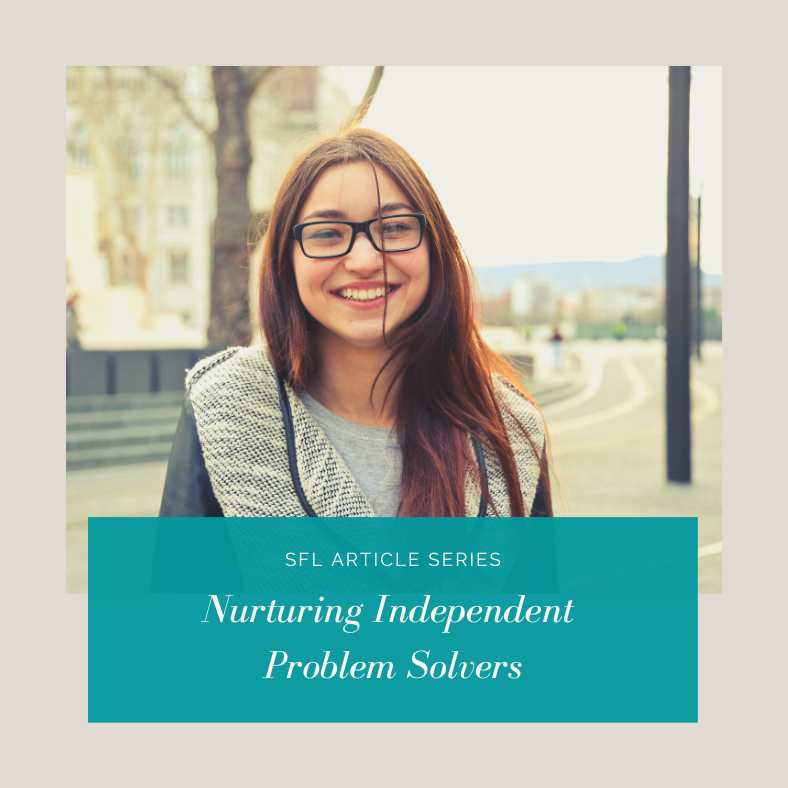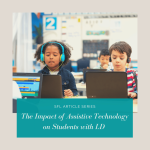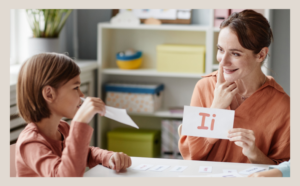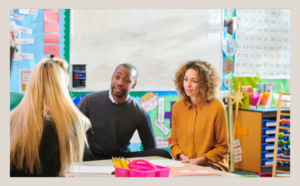No products in the cart.

At Strategies for Learning, we believe that the best way to help students with learning differences succeed is to equip them with the skills and mindset needed to become independent learners. One of the most important ways we do this is by actively involving students in the problem-solving process.
Benefits of Student Involvement in Problem-Solving:
- Ownership of Learning: When students have a say in the problems they are solving, they become more engaged and motivated. This leads to a deeper understanding of concepts and better retention of knowledge.
- Critical Thinking Development: Problem-solving requires students to analyze, evaluate, and synthesize information in order to come up with solutions. This process helps students develop essential critical thinking skills.
- Resilience and Adaptability: Setbacks are a normal part of the problem-solving process. By guiding students through these challenges, we help them develop resilience and the ability to adapt and persevere.
- Collaboration and Communication: Problem-solving often involves working together and sharing ideas with others. This helps students develop essential collaboration and communication skills.
Strategies for Involving Students in Problem-Solving:
- Real-World Problems: We present students with real-world problems that are relevant to their lives and interests. This helps them see the practical value of what they are learning and motivates them to find solutions.
- Socratic Questioning: We use Socratic questioning to encourage students to think critically about the problems they are solving. We ask open-ended questions that prompt students to analyze information, evaluate perspectives, and articulate their thought processes.
- Discussions: We facilitate organic discussions where students can share their ideas, perspectives, and potential solutions. This helps students learn more effectively and develop their collaboration and communication skills.
- Role Play: We engage students in role-playing scenarios that allow them to step into different roles and explore problems from various angles. This helps students develop their creativity and innovative problem-solving skills.
- Reflective Journals: We encourage students to maintain reflective journals where they document their problem-solving experiences. This helps them internalize the problem-solving process and learn from their mistakes.
- Project-Based Learning: We often incorporate project-based learning into our educational therapy sessions. This approach allows students to work on long-term, multifaceted problems that require in-depth research, collaboration, and creative problem-solving.
By actively involving students in the problem-solving process, we are helping them develop the skills and mindset needed to become independent learners. These skills will serve them well in the classroom and beyond, empowering them to succeed in any challenge they may face.
Written by Susan Ardila, M.A.






